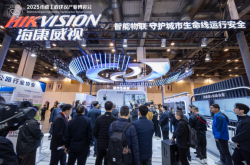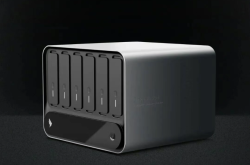Can going overseas become a new chapter for Dmall?
![]() 11/08 2024
11/08 2024
![]() 469
469
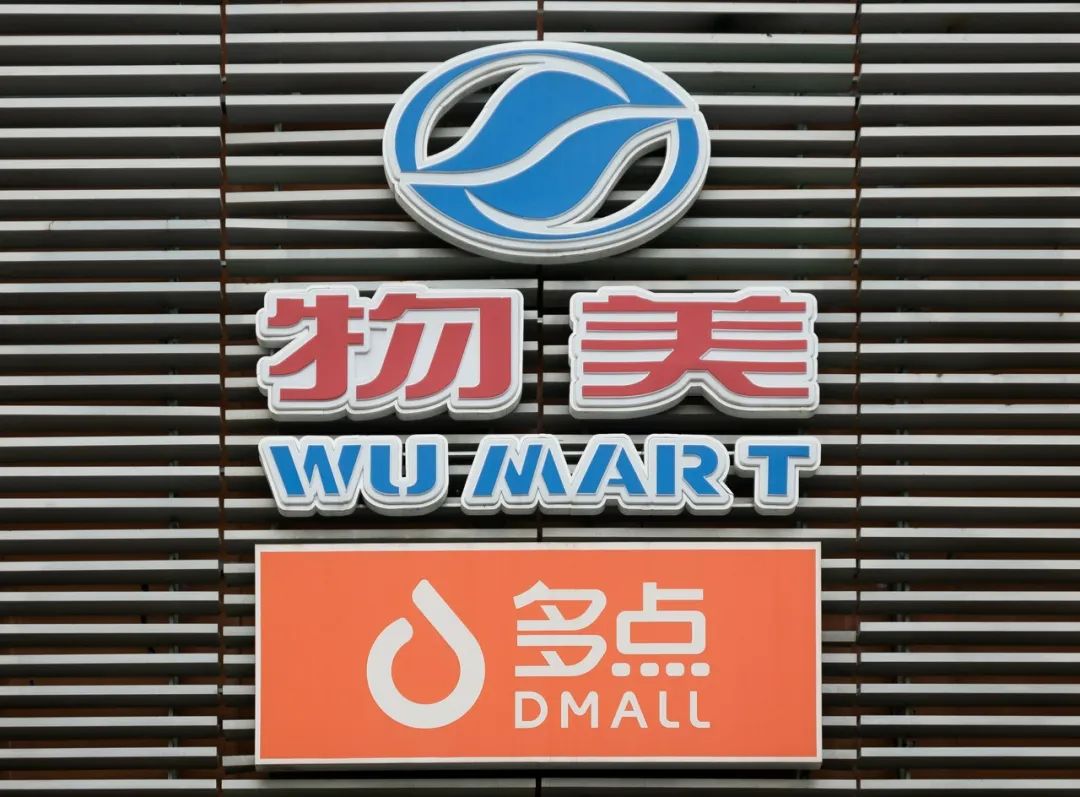
After several unsuccessful attempts to list on the Hong Kong stock market, Dmall recently updated its IPO prospectus again. Notably, similar to the restructuring of the Metro supply chain, Dmall has finally introduced a new chapter.
By spinning off its instant retail business and focusing on going overseas as a key area of company development. Currently, the revenue share from markets outside mainland China under Dmall has reached 8%. Can eliminating retail attributes and returning to the essence of technology help Dmall successfully go public and realize the listing dream of Zhang Wenzhong, the founder of Wumart, in recent years?
Difficult listing
At the end of May 2024, during Wumart's 30th anniversary, its leader Zhang Wenzhong likened Wumart to a wave in the transformation and innovation of China's retail industry, stating that "Wumart's 30 years are also the 30 years of fundamental changes in China's circulation industry." While expressing admiration, there is also great regret. After a challenging and glorious first half, the retail industry has faced a downturn for over a decade in its second half, struggling to maintain stability. Many private entrepreneurs who once dominated the supermarket chain sector have since retreated. Yonghui Supermarket was sold to Miniso, BBK Retail underwent restructuring with Wang Tian losing control, and Hongqi Supermarket returned to state ownership. Further back, Renrenle's He Jinming and Xinyijia's Li Binlan both regrettably exited. Almost the only supermarket tycoon who has persisted to this day is Zhang Wenzhong. Moreover, in recent years when offline retail has been on the decline, the Wumart Group has bucked the trend, acquiring Metro China and taking over the businesses of multiple retail giants in Beijing. Not only has it solidified its position as the leading supermarket in northern China but also gained actual control of listed companies such as Chongqing Department Store and Xinhua Department Store, becoming a pivotal figure in China's retail industry.
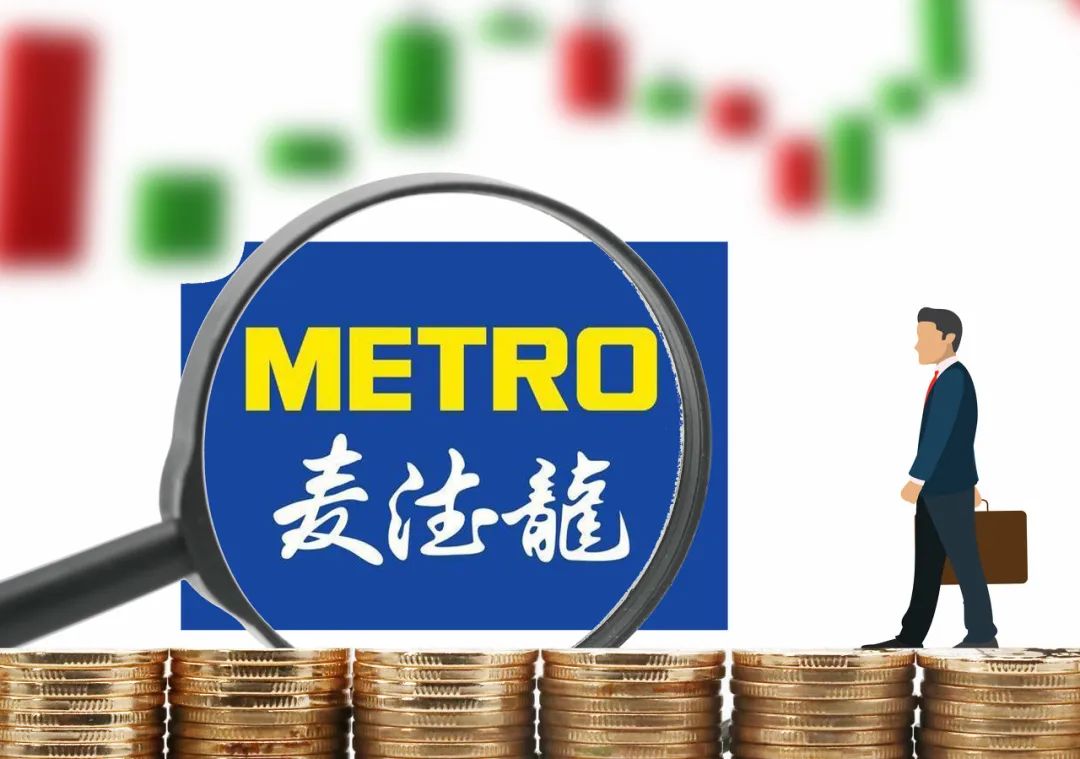
However, the listing process for the core businesses under Zhang Wenzhong has not progressed smoothly, becoming one of the regrets for the retail tycoon. Five years after delisting from the Hong Kong stock market, Wumart Commercial made a comeback, merging with Metro China to form an enhanced version of Wumart Technology, beginning its journey to list on the main board of the Hong Kong Stock Exchange in 2021. Another promising company under Zhang Wenzhong, Dmall, an operator of retail digital systems, embarked on its Hong Kong IPO journey the following year with ambitions in instant retail. Dmall holds a unique significance for Zhang Wenzhong. Thirty years ago, Dr. Zhang Wenzhong, a systems science Ph.D. who had returned from studying abroad, developed a supermarket checkout system. To promote this system, he opened the first Wumart supermarket, which became a hit, leading him to stumble into the retail industry. Later, this system independently grew into today's Dmall.
It is no exaggeration to say that Dmall is Dr. Zhang's main business, with running supermarkets and making investments merely side hustles. Over the years, the IPO process has seen repeated failures. Fortunately, entering a new cycle, in order to quickly enter the capital market, Wumart Technology and Dmall have made corresponding adjustments to their business structures. Wumart Technology sold all its retail stores to its controlling shareholder, retaining its supply chain business, and was renamed "Metro Supply Chain" in June 2024, subsequently redisclosing its IPO prospectus. Dmall has also returned with a new look. In April this year, the company spun off Dmall Fresh, followed by the cessation of operations of the Dmall mini-program and app. This means that Dmall has terminated its instant retail business. By shrinking non-core businesses and focusing on retail digital systems, it has returned to being a pure technology company. In addition, after years of planning, Dmall has embarked on an even grander story—going overseas.
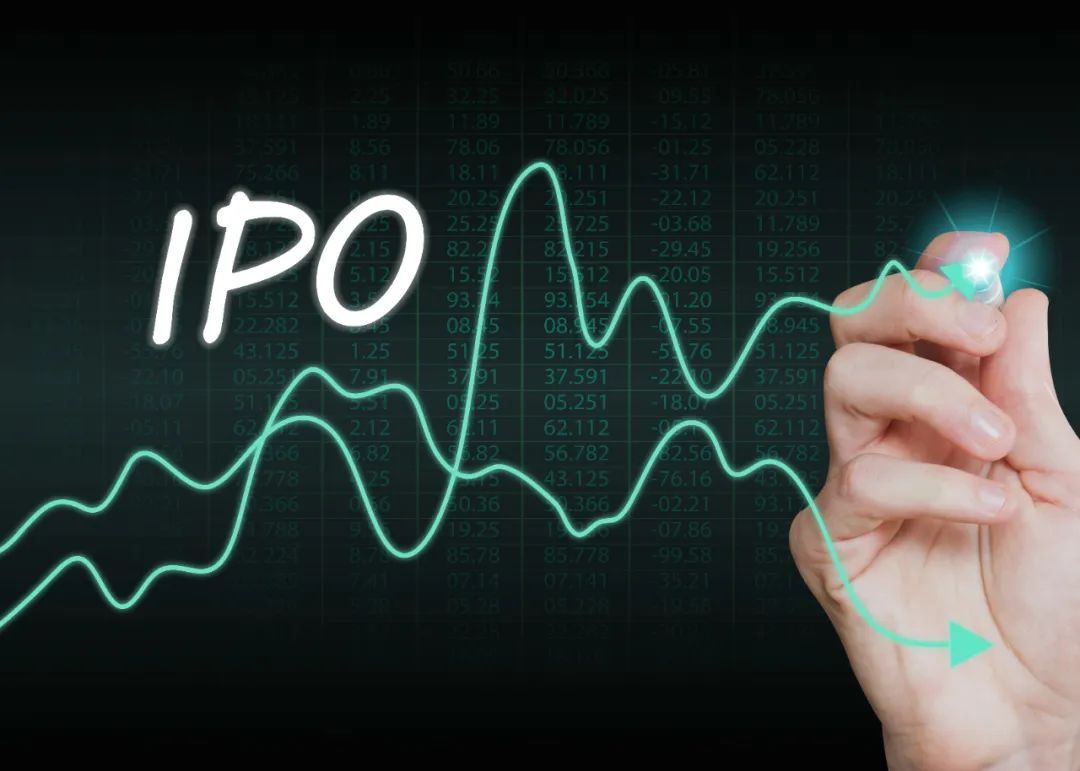
Turning to overseas expansion
Founded in 2015, Dmall originally served as a checkout tool for Wumart supermarkets. After launching its proprietary one-stop Dmall OS system in 2019, the company gained systematic retail support capabilities. A few years later, it became a "cloud-based, one-stop, end-to-end digital retail SaaS platform for the local retail industry." For example, with Dmall, one can improve management efficiency across the entire retail process, from procurement, supply chain, warehouse management, product display to store operations. Similarly, utilizing the intelligent loss prevention solution within this system can replace manual surveillance through remote monitoring and automatic detection of abnormal checkouts. With the support of Dr. Zhang Wenzhong and the Wumart Group, Dmall quickly gained capital recognition after its independence, with Tencent, IDG, Industrial Bank, and others investing successively to become strategic shareholders of the company.
Initially, Dmall developed rapidly, with the number of customers increasing from 69 to 352 between 2019 and 2021, and GMV reaching 24.1 billion, 43.1 billion, and 102 billion yuan, respectively, with operating revenues of 265 million, 487 million, and 1.045 billion yuan. However, Dmall, backed by the Wumart Group, has always faced three major challenges: difficulty in independence, growth, and profitability. Dmall is actually controlled by Zhang Wenzhong and has grown based on the Wumart Group's business. Although it has been expanding third-party clients in recent years, such as Zhongbai, 7-Eleven, Guoquan, etc., the business share of the Wumart Group's companies has always been very high. Together, Wumart, Metro, Xinhua Department Store, Chongqing Department Store, and B&Q contribute over 70% of the company's revenue. Much of the remaining 20% or so of the business also has intricate ties with Zhang Wenzhong.
For example, Guoquan also has Wumart as one of its strategic investors, and the two parties cooperate closely, with Guoquan opening many stores-within-stores in Wumart supermarkets. Traditional retail does indeed have an urgent need to improve operational efficiency through digitization. However, how many third-party retail enterprises are willing to hand over their "soul" to others? Moreover, in the retail digitization market, a large number of mature SaaS companies can provide services. Dmall's advantage has not reached the leading position of Huawei in the field of automotive intelligence. The outcome is already predetermined. Although Dmall's business has been steadily growing, this depends on the development of the Wumart Group. The proportion of related business in the company's revenue has increased from 73.9% in 2021 to 86.7% in the first half of 2024. The failure to establish independence has affected Dmall's business expansion, leading to sluggish company growth. In recent years, the company's customer count, GMV, and operating revenue growth have shown a declining trend. In 2021, 2022, 2023, and the first half of 2024, the company's customer count was 236, 436, 533, and 444 (after elimination), respectively. Over the same period, GMV was 109.3 billion, 135.9 billion, 152.1 billion, and 81 billion yuan, respectively.
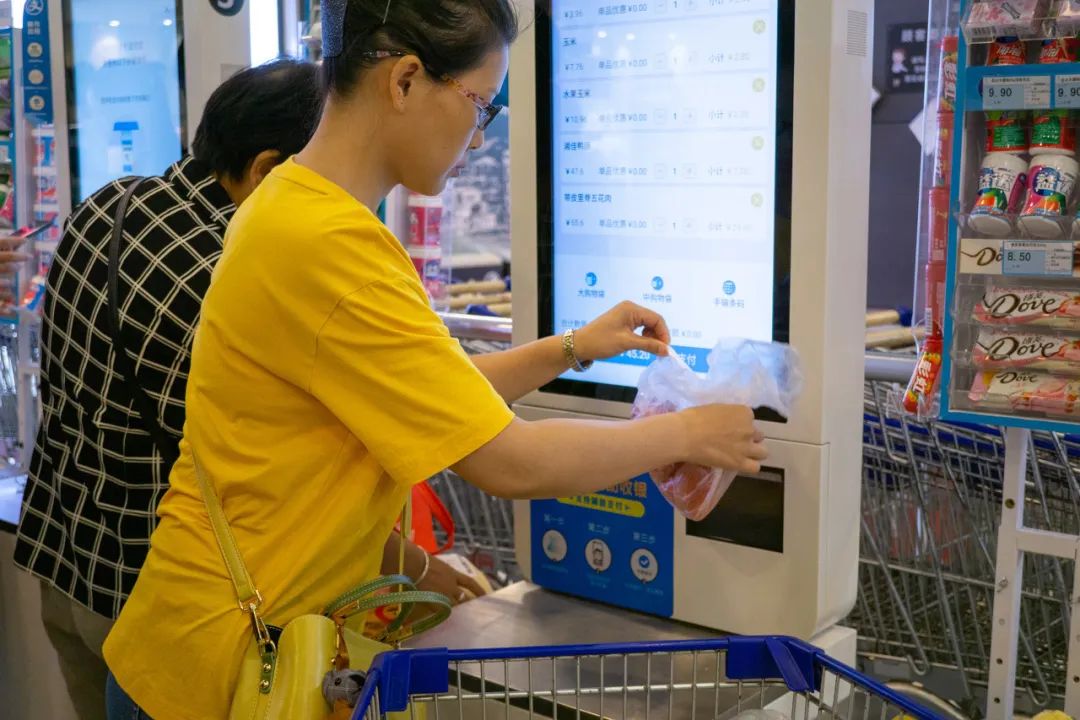
Therefore, in recent years, Dmall has actively expanded its clientele, including renowned retail brands such as Metro Group, Wellcome, Mannings, Jardine Pharmacy, Giant Supermarket, and 7-Eleven (Hong Kong), operated by DFI Retail Group. The revenue share from markets outside mainland China in Dmall's overall revenue has increased from 2.4% in 2021 to 8.0% in the first half of 2024. In fact, Dmall's overseas business is also inseparable from the support of Wumart and Zhang Wenzhong. For example, through the Metro Group, Dmall has expanded its business into the European market. Establishing a presence in overseas markets has opened another door to growth for Dmall.
Validating business models through related parties makes it more likely to reach other retailers, accelerating the implementation in overseas markets. Additionally, spinning off the instant retail business can quickly enhance profitability and reduce expenses. In the first half of 2024, the company's operating revenue was 939 million yuan, a year-on-year increase of 22.93%, with a net profit of -249 million yuan, a more than 50% reduction in losses compared to the same period last year. Perhaps it won't be long before Dmall can truly turn losses into profits through the commission model of its retail digitization system. Going overseas to enhance independence and open up growth space, spinning off instant retail to focus on retail systems—these two major measures are akin to a rebirth for Dmall.

